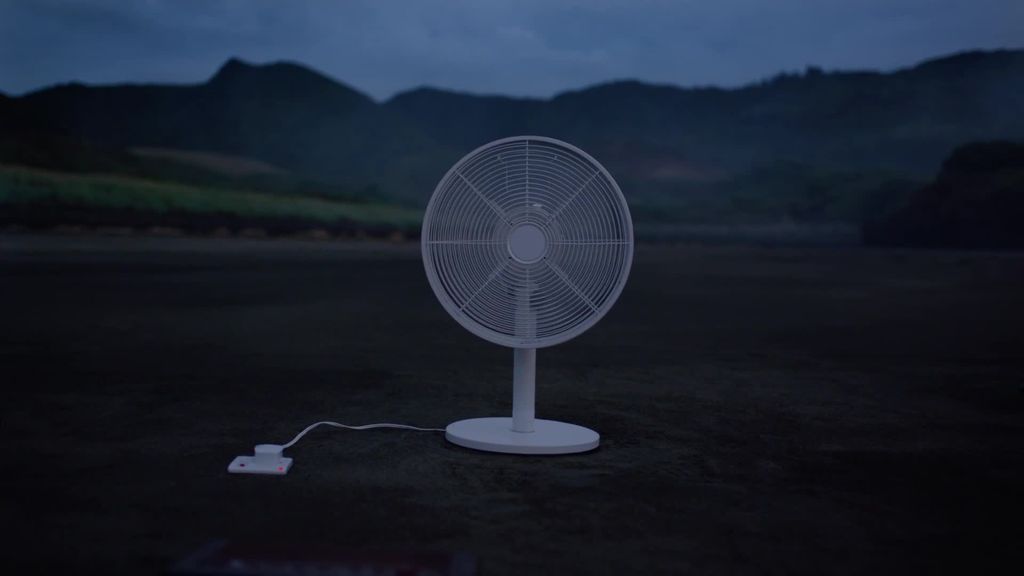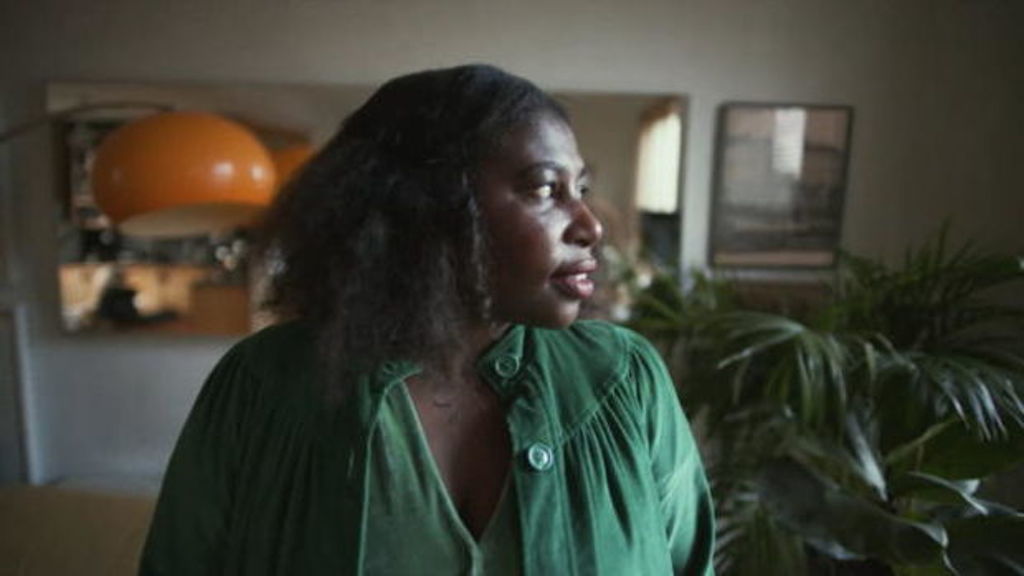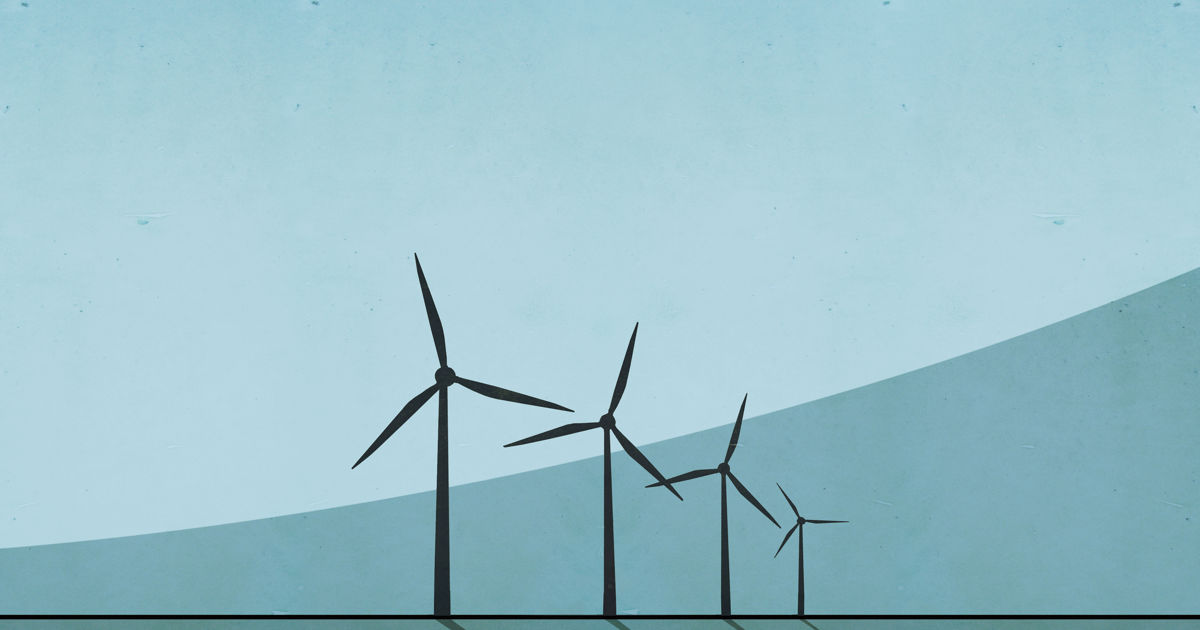Sustainability: The future of advertising, but not as we know it …
Tim Cumming talks to a range of industry creatives from both sides of the Atlantic about sustainability, inclusion, the new rules of consumption, and how the winds of change have moved the bottom line from being about finance to focussing on ethics.
The global pandemic has put a spanner in the unbridled free market world most of us have grown up in, or grown used to.
Add the increasingly solid spectres of climate change and bio-collapse poking their heads over the horizon, and it looks as if we’re in for a step change in society, and in how we consume.
A recent ‘Badvertising’ report... states that advertising's role as an accelerator of materialism, consumption and climate catastrophe means it is no longer viable.
A recent ‘Badvertising’ report from The New Weather Institute pins the scarlet letter of public shame firmly on advertising, demanding it be controlled, changed, reduced, even eradicated. It states that advertising's role as an accelerator of materialism, consumption and climate catastrophe means it is no longer viable. However, the industry itself is preempting such draconian decrees, not only by adjusting its means of production to reduce advertising’s carbon footfall – fewer foreign shoots, remote working – but by turning the ‘badvertising’ argument against itself, and repositioning the industry as an accelerant not of climate change but of a societal change from the throwaway to the sustainable.
So, rather than tossing the baby out with the bathwater in a knee-jerk spasm of eco-puritanism, the industry’s holy trinity of brands, consumers and advertisers can realign to sell the values of sustainability rather than products alone.
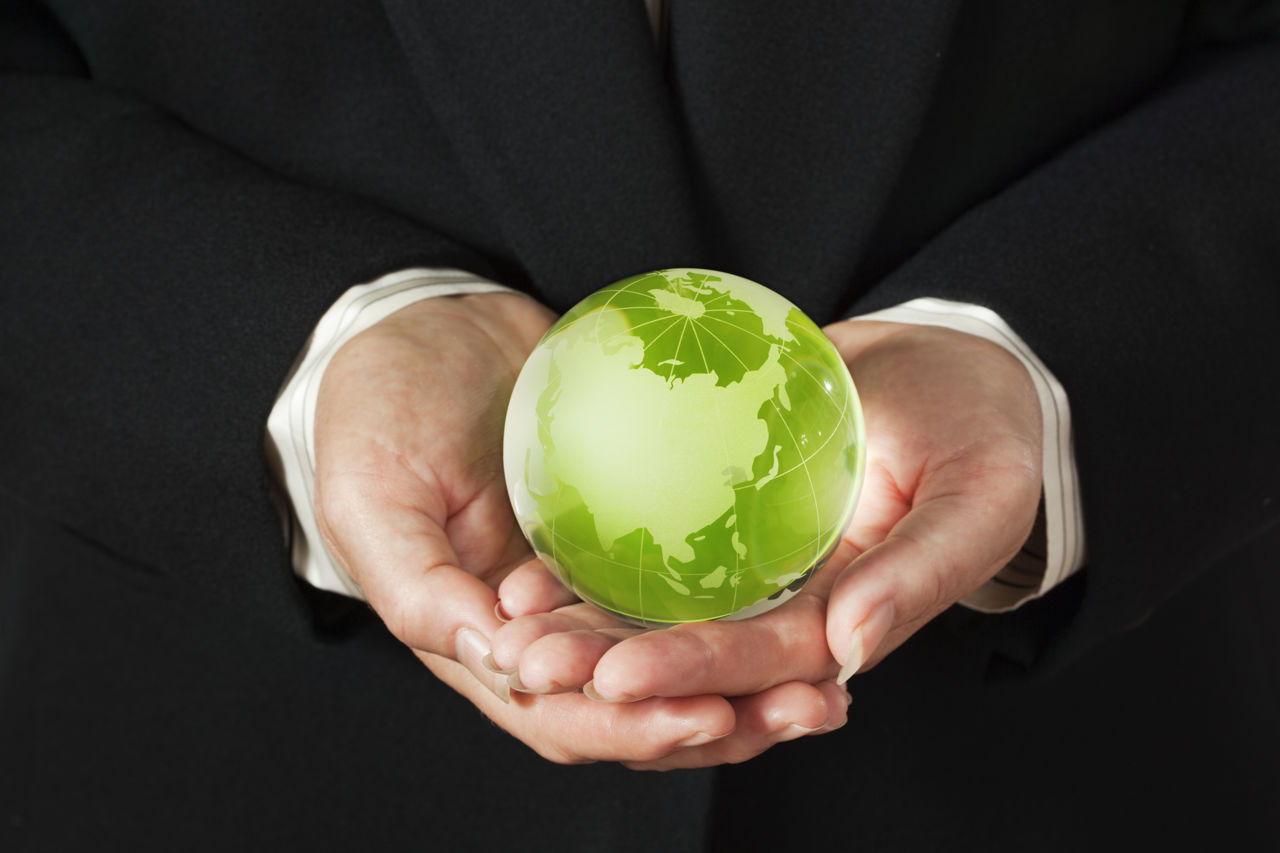
Above: The industry is repositioning itself as an agency of societal change.
In fact, says Matt Bourn, director of communications at the Advertising Association, “the notion that advertising should be cancelled completely misses the point of how we meet the challenge of the climate emergency. Advertising’s role is increasingly to promote behaviours that encourage sustainable consumption as entire industries shift their products and services to meet the changing demands of consumers and the green regulations of governments. At its best, advertising is about helping businesses grow and, more and more, this will be around the promotion of sustainable lifestyles. The creative and strategic strengths of advertising must be applied as an accelerant for making vital lifestyle changes a reality.”
At its best, advertising is about helping businesses grow and, more and more, this will be around the promotion of sustainable lifestyles.
He points to the need, at boardroom level, for agencies to steer businesses towards accelerating change with responsible advertising to retain their competitive advantage. “What we mean by that is looking at the responsibilities of advertising when it comes to the big issues, and those issue are inclusion and climate change.”
In November, the AA launched Ad Net Zero, an interrogation tool for breaking down a campaign’s energy usage, travel decisions, and the environmental impact of its production and distribution. Given that carbon reports will be mandatory for large companies by 2025, the likes of this and Adgreen’s upcoming Carbon Calculator could soon become industry standard. So whether your campaign sells 50,000 SUVs – or shifts 50,000 SUV owners to electric – there’ll be a measure of its carbon impact.
[Advertising] sell[s] aspirational lifestyles, and if that lifestyle is to be more sustainable, then that’s clearly a good thing.
Jo Coombes set up AdGreen in 2014 to promote sustainability in production. Back then, she says, it was like banging on a door with no one behind it. Now, they’re pulling her through, as sustainability has gone from tokenistic to essential. Coombes leads training schemes that break down decisions ranging from script to shoot to distribution to access their environmental impact. With remote shooting and remote monitoring both normalised in the wake of Covid, future campaigns look certain to address their biggest carbon footprint – air travel. “We’re launching a Carbon Calculator later in the year,” she says, “giving people the transparency they need to make better decisions about how things are made. People really want to know what to do. They want to know the practical applications.”
Credits
powered by
- Agency Mother/London
- Production Company MJZ/London
- Director Tom Kuntz
-
-
Unlock full credits and more with a Source + shots membership.
Credits
powered by
- Agency Mother/London
- Production Company MJZ/London
- Director Tom Kuntz
- Editor Russell Icke
- Music Supervision John Connon
- Sound Designer Sam Ashwell
- Post Production & VFX Electric Theatre Collective
- Producer Shirley O'Connor
- Production Manager Daniel Gay
- Production Designer Jahmin Assa
- DP Daniel Landin
- VFX Producer Magda Krimitsou
- VFX Supervisor Larisa Covaciu
- Creative Director/Head of 3D James Sindle
- 2D Lead James Belch
- 3D Lead Tushar Kewlani
- Colorist Luke Morrison
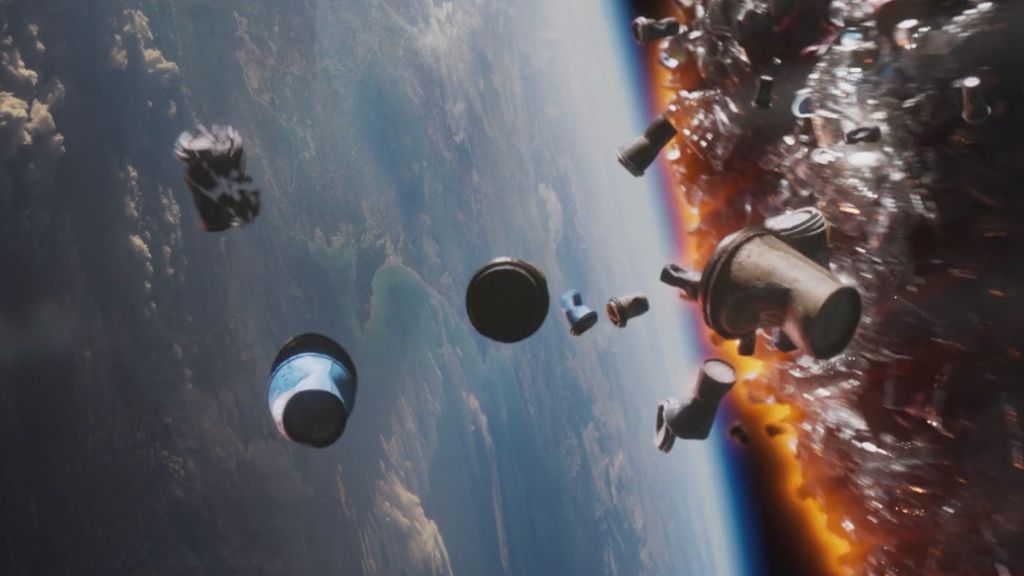
Credits
powered by
- Agency Mother/London
- Production Company MJZ/London
- Director Tom Kuntz
- Editor Russell Icke
- Music Supervision John Connon
- Sound Designer Sam Ashwell
- Post Production & VFX Electric Theatre Collective
- Producer Shirley O'Connor
- Production Manager Daniel Gay
- Production Designer Jahmin Assa
- DP Daniel Landin
- VFX Producer Magda Krimitsou
- VFX Supervisor Larisa Covaciu
- Creative Director/Head of 3D James Sindle
- 2D Lead James Belch
- 3D Lead Tushar Kewlani
- Colorist Luke Morrison
Above: IKEA's recent campaign championed waste reduction.
Like the AA’s Matt Bourn, Coombes observed a recent sea change in brand messaging. “A new IKEA ad [above] talks about being frugal and reducing waste. They’re selling product, but they’re also selling lifestyle, a way of living that is different, new, evolved, compared to what we were doing. There’ll always be a place in advertising on how to live better. We sell aspirational lifestyles, and if that lifestyle is to be more sustainable, then that’s clearly a good thing.”
As an example, she highlights OVO Energy’s campaigns with recent start-ups Uncommon and 20Something. “That was a massive turning point,” she says. “It’s about normalising new behaviours. The amount of ads now that have messaging around what they are trying to achieve in terms of the planet is really interesting.” For Uncommon’s Head of Planning, Tobey Duncan, “sustainability and values have moved to the forefront of many consumers’ minds. Values and profit are no longer in conflict, they are in lock step. They are means and ends. What you stand for and why you matter are the most important questions brands should be asking themselves today.”
What you stand for and why you matter are the most important questions brands should be asking themselves today.
And while Duncan agrees that advertising is indeed related to the bad things in life – capitalism, materialism and consumerism - it isn’t any of those things. “Advertising is dialogue. It’s how brands communicate.” And what they need to communicate has changed since 2020. In the wake of Covid, the climate emergency and BLM, inclusion and sustainability have become bottom lines, not set decoration. “Tomorrow won’t be like yesterday,” says Duncan. “2020 caught us all off guard. We were focused on getting by and getting through. That won’t be enough in the coming years. We’ll be looking for action. We’ll be looking for progress. Culture has been reset. Priorities have been reorganised. The rules of the game have changed. And so the question now becomes, which brands will step up and fill the void?”
OVO Energy – It's Time To Power Your Life Differently
OVO – The Home Front
Above: Two OVO campaigns, from Uncommon and 20Something, focus on the brand's green approach.
For Will Thacker, Co-Founder of 20Something, who picked up OVO’s account in 2019, “brands putting sustainability at the core of their efforts and communicating this honestly and transparently are the future, but words and actions must be more than a thin veneer.” At 20Something, they eschew what he calls “the indulgences, hierarchies and layers” of the familiar agency set-up. There, the bottom line is no longer financial, but ethical. They make collective choices as to the clients they work for. And everyone involved is answerable. “We had a simple idea of bringing the people who make decisions, including the client, all around one table, and making them accountable for it,” say Thacker.
In the old days students would have had Mars Bar ads in their portfolio, and a 'sell sell sell' ethos – there just wasn't this consciousness around green, ethical, charitable things.
Like others, he sees the old habits of the industry changing fast. “Being in advertising, jetting off, staying in a nice hotel, it’s part of the lifestyle, but those frills are what we really need to question. Are they what this is really about? Or is it about the work, or helping promote better products for a better world?” From what he’s seen of the new creatives coming out of college, it’s increasingly about the latter. “In the old days students would have had Mars Bar ads in their portfolio, and a 'sell sell sell' ethos – there just wasn't this consciousness around green, ethical, charitable things. It’s a huge shift.”
Credits
powered by
- Agency Johannes Leonardo/New York
-
-
-
-
Unlock full credits and more with a Source + shots membership.
Credits
powered by
- Agency Johannes Leonardo/New York
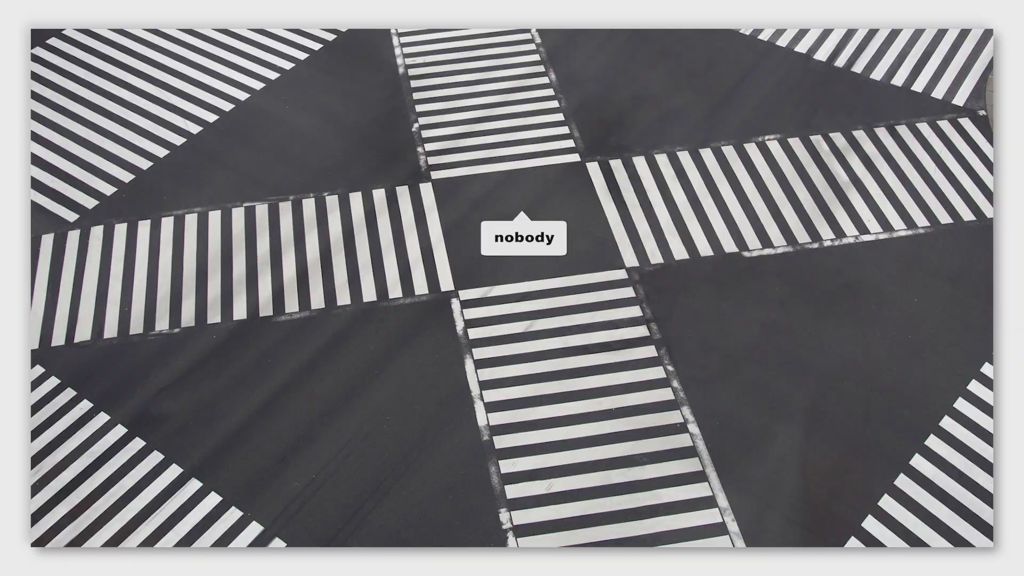
Credits
powered by
- Agency Johannes Leonardo/New York
Above: Johannes Leonardo's recent campaign for Apeel, a company which has sustainability at its core.
The drive to a more conscious capitalism, a world away from the rapacious surveillance model engendered by the smartphone and social media revolutions of the 2010s, is one shared by Jeph Burton and Hunter Hampton at Johannes Leonardo, an indie creative shop in Manhattan. “Advertising is always at its best when it reflects culture,” says Burton, “when it can hold a mirror up to what is going on in the world. It also reflects what is aspirational, and aspirations are starting to change. It’s no longer about material benefit, but something that is going to offer you value and that has some value behind it.”
[Advertising] reflects what is aspirational, and aspirations are starting to change.
He points to their recent Food Gone Good campaign for Apeel, a brand he describes as “a poster child for that belief – you couldn’t ask to be a better example of a sustainability icon”. Apeel’s plant-based protective layer keeps fruit and veg fresh and unblemished for twice as long, reducing food waste in the process. Will the creative industry’s enthusiasm for ethical branding and consumption provide a similar values-based layer of ethics to preserve and protect not only them but the brands that hang from their boughs?
For Apeel’s VP of branding, Jason De Turris, the practice, as well as the message of sustainability, fits like a second skin. “Advertising at its best goes beyond generating awareness and drives behaviour change,” he says. “The industry has been set up to make people think, feel, and do something that they had not previously. If we think of the ‘climate as our client’ then our goal is to educate and motivate millions of consumers in each market to act consciously and collectively.”
Sustainability is no longer a feel-good frill to gather online likes, but the new driver for competitive advantage.
As the AA's Bourn has emphasised, sustainability is no longer a feel-good frill to gather online likes, but the new driver for competitive advantage. “The pandemic opened people’s eyes to the fact that we live in a culture of disposability,” says Johannes Leonardo’s Burton, “and that’s one we have created. There’s a reckoning right now across the board. It’s the challenge right now for us to dismantle this idea of the disposable culture that we’ve created. You can see how that ripples out, not just from the food on your plate but also everything else that you curate your home with. It’s taking on this culture of disposability and saying, what is really going to materially add value to your life?”
)

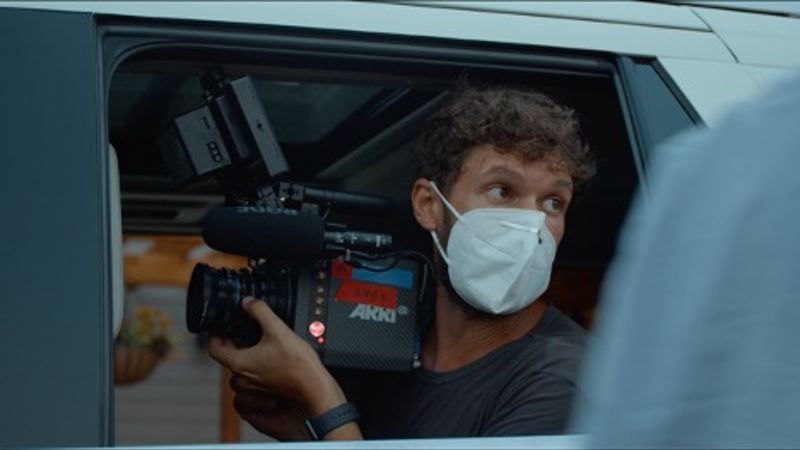


 + membership
+ membership





